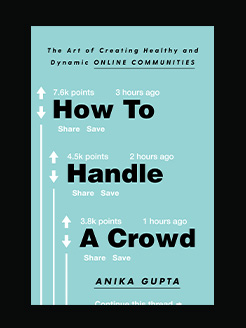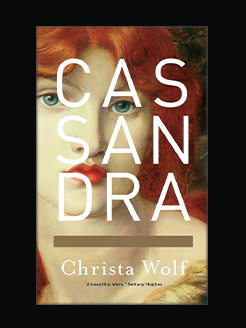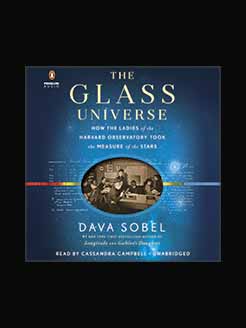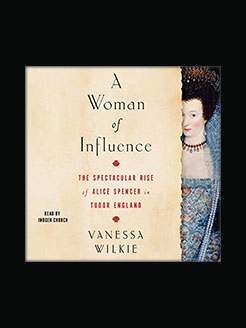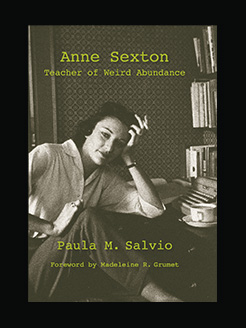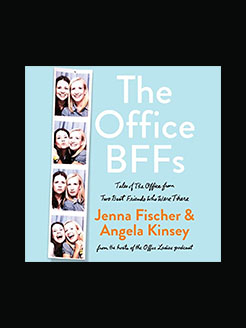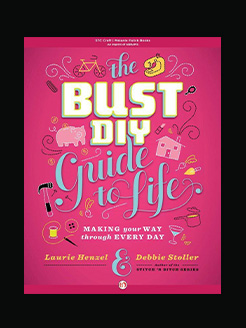Published in 1988
143 pages
Andrea Rita Dworkin was an American radical feminist and writer best known for her criticism of pornography, which she argued was linked to rape and other forms of violence against women.
An anti-war activist and anarchist in the late 1960s, Dworkin wrote 10 books on radical feminist theory and practice. During the late 1970s and the 1980s, she gained national fame as a spokeswoman for the feminist anti-pornography movement, and for her writing on pornography and sexuality, particularly in Pornography – Men Possessing Women (1981) and Intercourse (1987), which remain her two most widely known books.
Catharine Alice MacKinnon is an American radical feminist legal scholar, activist, and author. She is the Elizabeth A. Long Professor of Law at the University of Michigan Law School, where she has been tenured since 1990, and the James Barr Ames Visiting Professor of Law at Harvard Law School. From 2008 to 2012, she was the special gender adviser to the Prosecutor of the International Criminal Court.
As an expert on international law, constitutional law, political and legal theory, and jurisprudence, MacKinnon focuses on women’s rights and sexual abuse and exploitation, including sexual harassment, rape, prostitution, sex trafficking and pornography. She was among the first to argue that pornography is a civil rights violation, and that sexual harassment in education and employment constitutes sex discrimination. MacKinnon is the author of over a dozen books, including Sexual Harassment of Working Women (1979); Feminism Unmodified (1987), Toward a Feminist Theory of the State (1989); Only Words (1993); a casebook, Sex Equality (2001 and 2007); Women’s Lives, Men’s Laws (2005); and Butterfly Politics (2017).
What is this book about?
“Pornography is central in creating and maintaining the civil inequality of the sexes. Pornography is a systematic practice of exploitation and subordination based on sex which differentially harms women. . . .”
With those bold words began the groundbreaking local antipornography law drafted by writer Andrea Dworkin and lawyer Catharine A. MacKinnon.
Their completely new legal approach–in which pornography is defined as sex discrimination and therefore a violation of civil rights–would allow anyone injured by pornography to fight back by filing a civil lawsuit against pornographers.
First passed in December 1983 in Minneapolis, where it was supported by a grassroots coalition of women, people of color, neighborhood groups, and the city’s welfare poor and working poor, this law has transformed the way people of conscience understand the devastating impact of pornography on women’s right to equality. This new law also offers hope: an effective legal tool for making sex equality real.
In this comprehensive and easy-to-read guidebook, now available on line, the coauthors of the anti-pornography civil-rights ordinance explain:
• How pornography hurts women and how and why the civil-rights ordinance would make a difference.
• Why the pornography is so important to women’s equality.
• The truth about the antipornography civil-rights ordinance–what it is, what it does, what it means, how it works.
• Answers to the lies about it–lies that the media have spread to protect the pornography industry.
• What you can do to stop the pornographers and further women’s equality.
“The Ordinance does not take ‘rights’ away from anyone, . . . it takes the power to hurt women away from pornographers.” –from Pornography and Civil Rights
